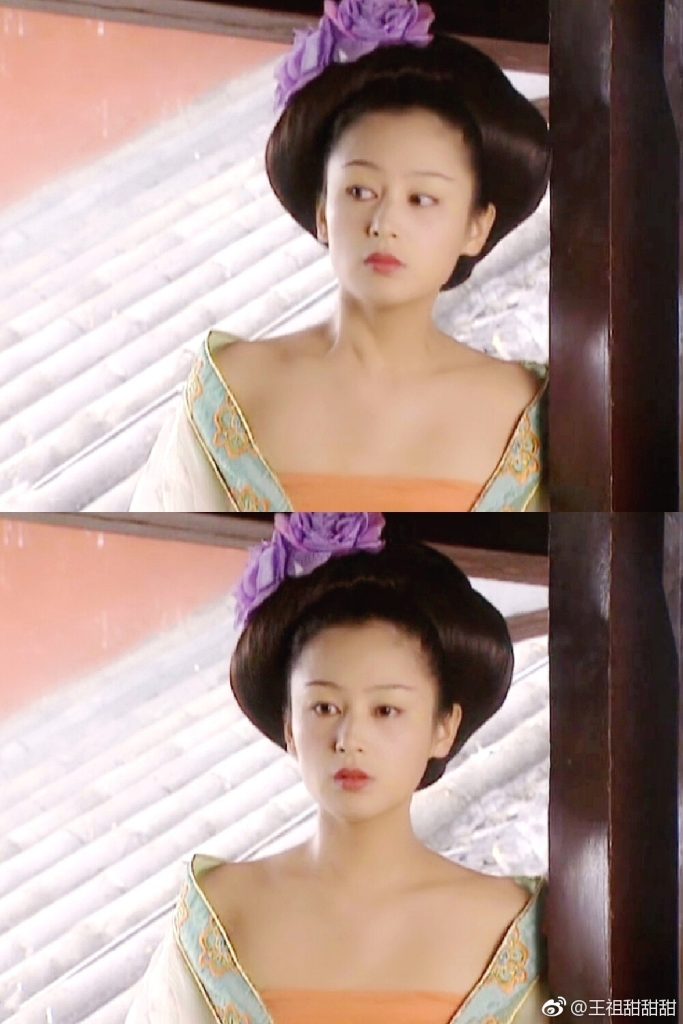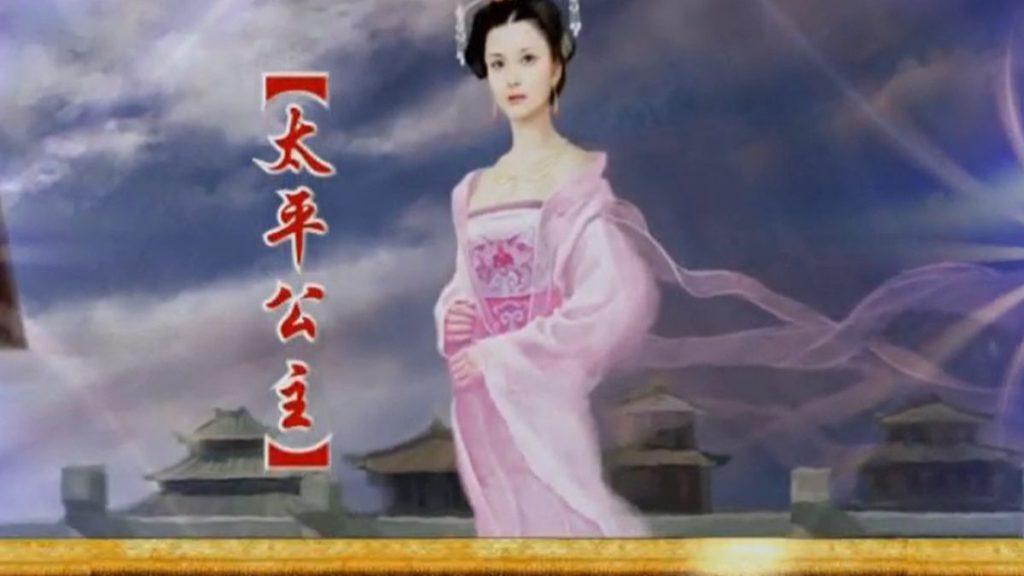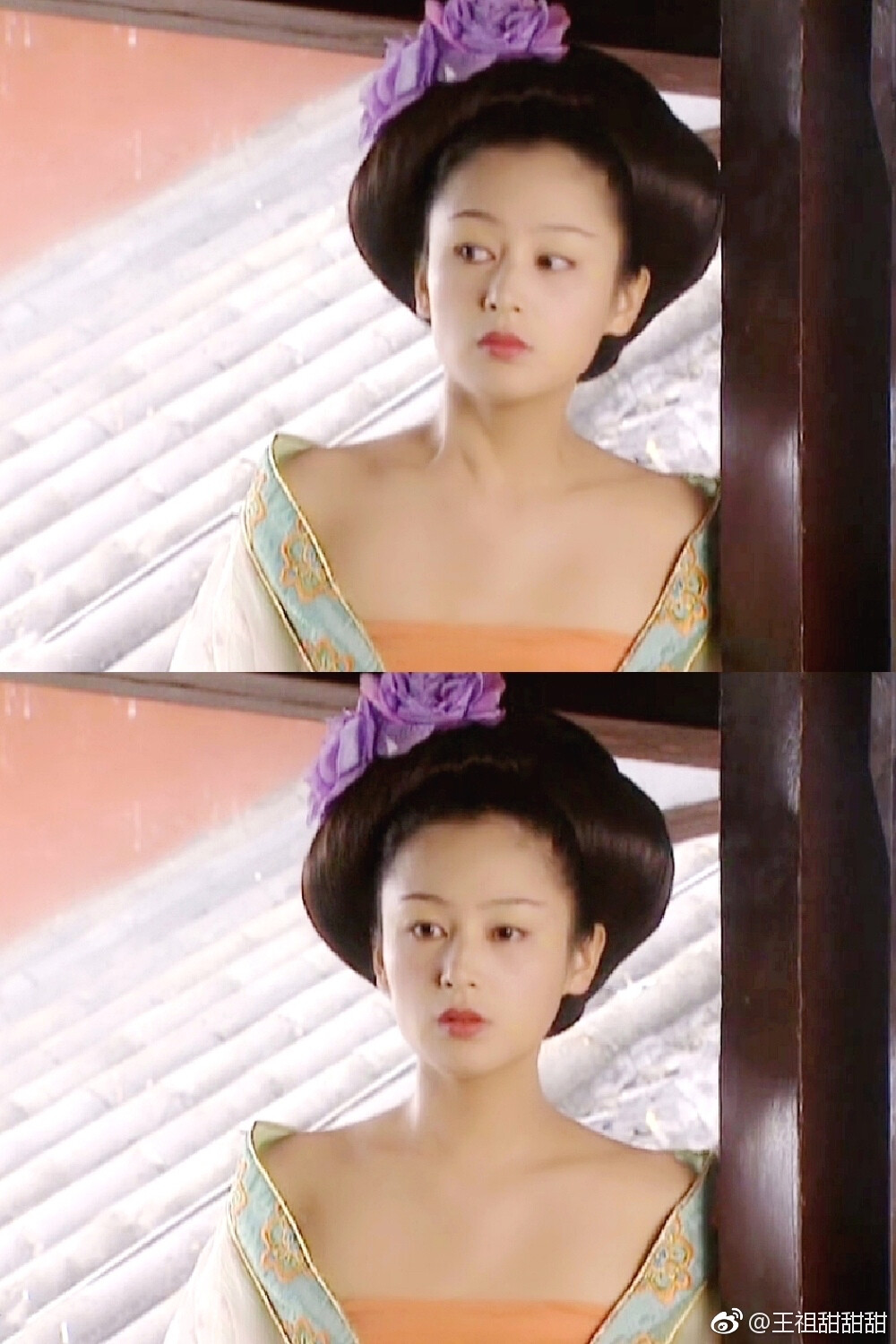The great literary figure of the Northern Song Dynasty, Su Shi, can be said to be a brilliant superstar in the history of Chinese literature. Moreover, Su Shi, a layman, was not only skilled in poetry and prose, but also in his calligraphy, painting, governance, and even culinary skills, which were among the best in history. Therefore, with Su Shi’s talent, it should not be a problem for him to win the top scholar in his lifetime. However, Su Shi’s imperial examination results were not the top scholar!

What’s even more outrageous is that the examiner clearly recognized Su Shi’s talent as the top scholar, but unfortunately did not give him the top scholar! It’s not that the examiner doesn’t like him, on the contrary, the examiner appreciates this article very much! What exactly is going on with this series of illogical situations? Who is the examiner who did not give Su Shi the top scorer?
In fact, this matter is related to three of the Eight Great Masters of the Tang and Song Dynasties, namely Ouyang Xiu and Zeng Gong, as well as the protagonist Su Shi. In fact, everyone is very familiar with the seven of the Eight Great Masters of the Tang and Song Dynasties, namely Han Yu and Liu Zongyuan of the Tang Dynasty, Ouyang Xiu, Su Xun, Su Shi, Su Zhe and his son of the Song Dynasty, and Wang Anshi. It seems that Zeng Gong’s influence in the folk is smaller than these seven, but he was very famous in the era he lived in.
Because Zeng Gong was a proud disciple of the literary master Ouyang Xiu at that time, during the happiest period of the Northern Song Dynasty for scholars, Ouyang Xiu always encouraged and hoped that Zeng Gong could come to the capital to take the imperial examination. However, due to his family’s financial situation, Zeng Gong delayed taking the imperial examination for a long time in order to take care of his family. As a result, Su Shi, who was eighteen years younger than him, was among the people who took the exam at the same time.

Of course, in that era, Su Shi was a young and inexperienced person, and his literary fame was still far from satisfactory. However, Su Dongpo’s talent had nothing to do with age. He displayed extraordinary talent in a lengthy exam essay, and in the eyes of many examiners, he should be considered a top scorer. However, in that era, there was a system in the imperial examination that has been passed down to the present day, which is the “name pasting system”. Simply put, it means that all candidates’ names are glued and sealed, which can prevent candidates from colluding with examiners to cheat and ensure the fairness of the examination.
Therefore, while everyone was optimistic about this article, the chief examiner of this scientific examination, Ouyang Xiu, was in a difficult situation because in his opinion, the person who could write such a beautiful article must be his beloved disciple Zeng Gong. No one else could have such talent. Under this mindset, Ouyang Xiu, who was in charge of speculation, suddenly found himself in a dilemma. Should this article be given to the top scorer? After the list is released, everyone knows that his disciple Zeng Gong is the first, and it is inevitable that he will use the excuse of favoritism in personnel selection. But why not give it to him? Others really can’t compare to him. In the end, Ouyang Xiu decided not to give the top scorer to his “beloved disciple”.
It wasn’t until the day the Golden List was released that the truth was revealed. Su Shi was unable to become the top scorer due to this “wrong” incident! In fact, when Lao Le saw this, besides admiring Ouyang Xiu’s character, he couldn’t help but feel that the old gentleman was a bit outdated. Doesn’t he understand what it means to “honor the virtuous without avoiding relatives”?


